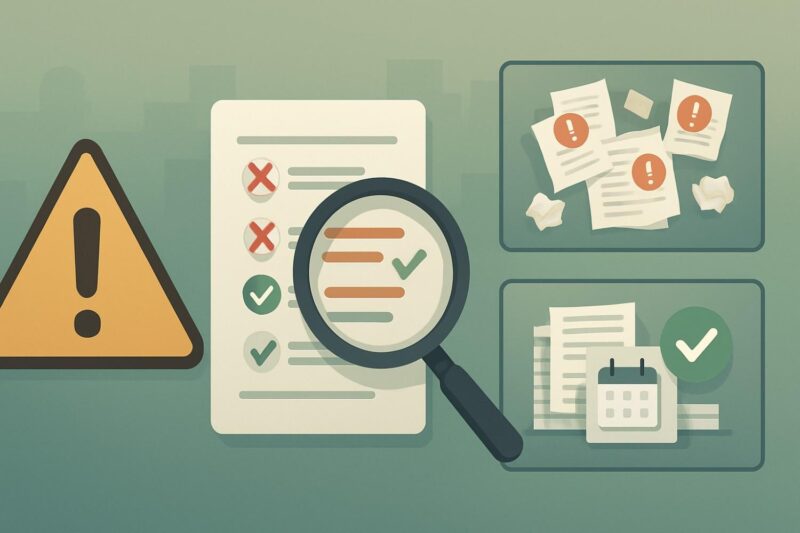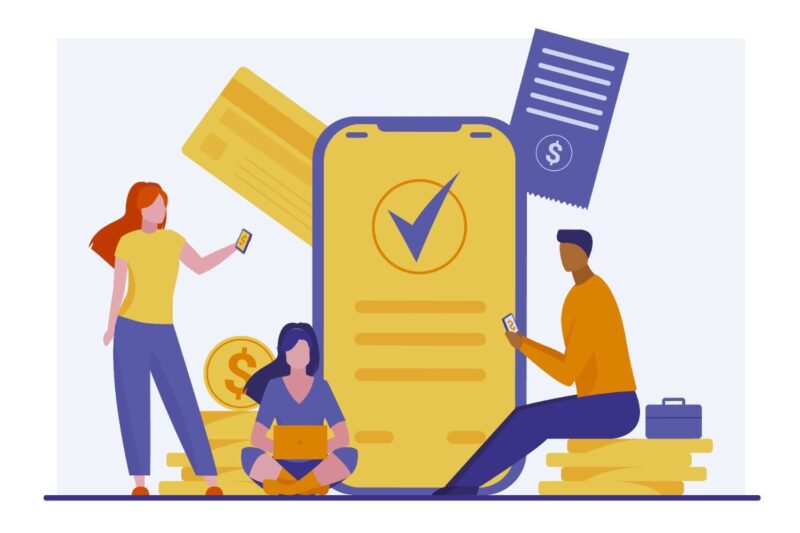Although managing a business is thrilling, there are drawbacks, particularly with regard to cash flow. Your finances may be strained by unforeseen costs, seasonal demand, or expansion prospects. Short-term business loans can be extremely helpful in this situation.
We’ll go over how business loans operate, why they might be the best option, and how to use them effectively in this guide.
What Are Short-Term Business Loans?
Short-term business loans are those that companies pay back quickly, usually within a few months or in a year. These loans, in contrast to conventional long-term loans, are intended to meet urgent financial requirements, assisting companies in continuing to run smoothly without having to wait for drawn-out approval procedures.
Important Characteristics of this type of loan include,
- Typically, the repayment period is three to twelve months.
- Depending on the needs of the business, the loan amount is frequently less than that of long-term loans.
- Fast approval, A lot of lenders handle these loans in a matter of days.
- Flexible, may be applied to marketing, payroll, inventory, or unexpected costs.
Why Short-Term Business Loans Could Be Smart
1. Quick Access to Funds
When you spot a growth opportunity or face an unexpected expense, waiting for a traditional bank loan can slow you down. Short-term business loans provide fast funding so you can act quickly. This is why they are often called quick business funding options.
2. Lower Interest Costs Over Time
Even if the interest rate on short-term loans is slightly higher than that of a long-term loan, the overall cost is often lower because the repayment period is shorter. You pay back sooner and avoid continued interest accumulation.
3. Flexible Usage
Short-term financing for startups or small businesses can cover a variety of needs:
- Buying inventory during peak seasons
- Managing payroll or operational expenses
- Marketing campaigns for a new product launch
- Bridging cash flow gaps
This flexibility makes these loans ideal for businesses that need funding for a specific purpose.
4. Raise or Boost Your Credit Score
Paying back short-term business loans on time can improve your company’s credit rating. Your chances of obtaining better loan terms in the future are increased by having a high credit score.
5. Prevent Ownership Dilution
Raising money for startups frequently requires giving up value. With these kinds of loans, you can obtain the funds you require without giving up control of your company.
Who Can Benefit from Short-Term Business Loans?
These loans are especially beneficial for:
- Small business owners – Paying for supplies or running expenses during busy times.
- Startups – Providing short-term funding without sacrificing equity.
- Seasonal businesses – Handling cash flow when revenue varies.
Taking advantage of new contracts, large orders, or marketing initiatives are examples of entrepreneurs with growth prospects.
How to Apply for a Short-Term Business Loan
These kinds of short-term loans are typically easier to apply for than long-term financing. Here’s how to do it:
- Verify your eligibility. The majority of lenders demand basic financial documentation and a minimum business operation period (6–12 months).
- Select a lender. Short-term business loans are available from banks, NBFCs, and internet lenders. Examine interest rates, terms of repayment, and processing costs.
- Get your paperwork ready. Proof of income, bank statements, tax returns, and business registration are frequently needed documents.
- Apply online for quicker processing; many lenders offer online portals.
- Obtain funds by following approval; funds are typically released quickly or frequently in a matter of days.
Because of this procedure, quick business funding options are perfect for entrepreneurs who require funds without having to wait a long time for traditional loans.
Tips to Make the Most of Short-Term Business Loans
- To keep interest expenses under control, only take out the necessary loans.
- Make sure you can meet the monthly repayments without putting a strain on your cash flow by planning your repayment schedule.
- Make careful use of the money by only using it for business purposes and not for personal spending.
- Look for the lowest processing fees and the best interest rates when comparing lenders.
Having the necessary paperwork on hand speeds up approvals, particularly for short-term loans for small businesses.
Common Mistakes to Avoid
Despite their convenience, these kinds of loans have some drawbacks to be aware of:
- Ignore hidden costs, look for processing fees or prepayment penalties.
- Lack of knowledge about interest rates. Even though the total cost of a short-term loan may be lower, the interest rate may be higher each month.
- Mismanagement rejects the goal of rapid financing when money is used for non-essential purposes.
- Missed repayment is surely a severe issue. Your credit score and future borrowing options may suffer if you make late payments.
When Should You Consider a Short-Term Business Loan?
- When there are cash flow gaps and seasonal variations in your company.
- When you have an opportunity for growth that is time-sensitive.
- When you require immediate funding for marketing initiatives, equipment, or inventory.
- When you would rather keep ownership of your company than increase equity.
Conclusion
When used properly, short-term business loans can be a prudent financial tool. They provide flexible use, rapid access to funds, and assistance in preserving cash flow without sacrificing equity. They are frequently the quickest way for entrepreneurs, small business owners, and startups to take advantage of growth prospects and get past financial obstacles.
They can help your company grow while preventing financial stress if you plan and pick the right lender and borrow money sensibly.




The fact that short-term loans can end up being cheaper than long-term loans despite higher rates is a real game-changer. It seems like businesses could really benefit from them during periods of growth or unexpected expenses.